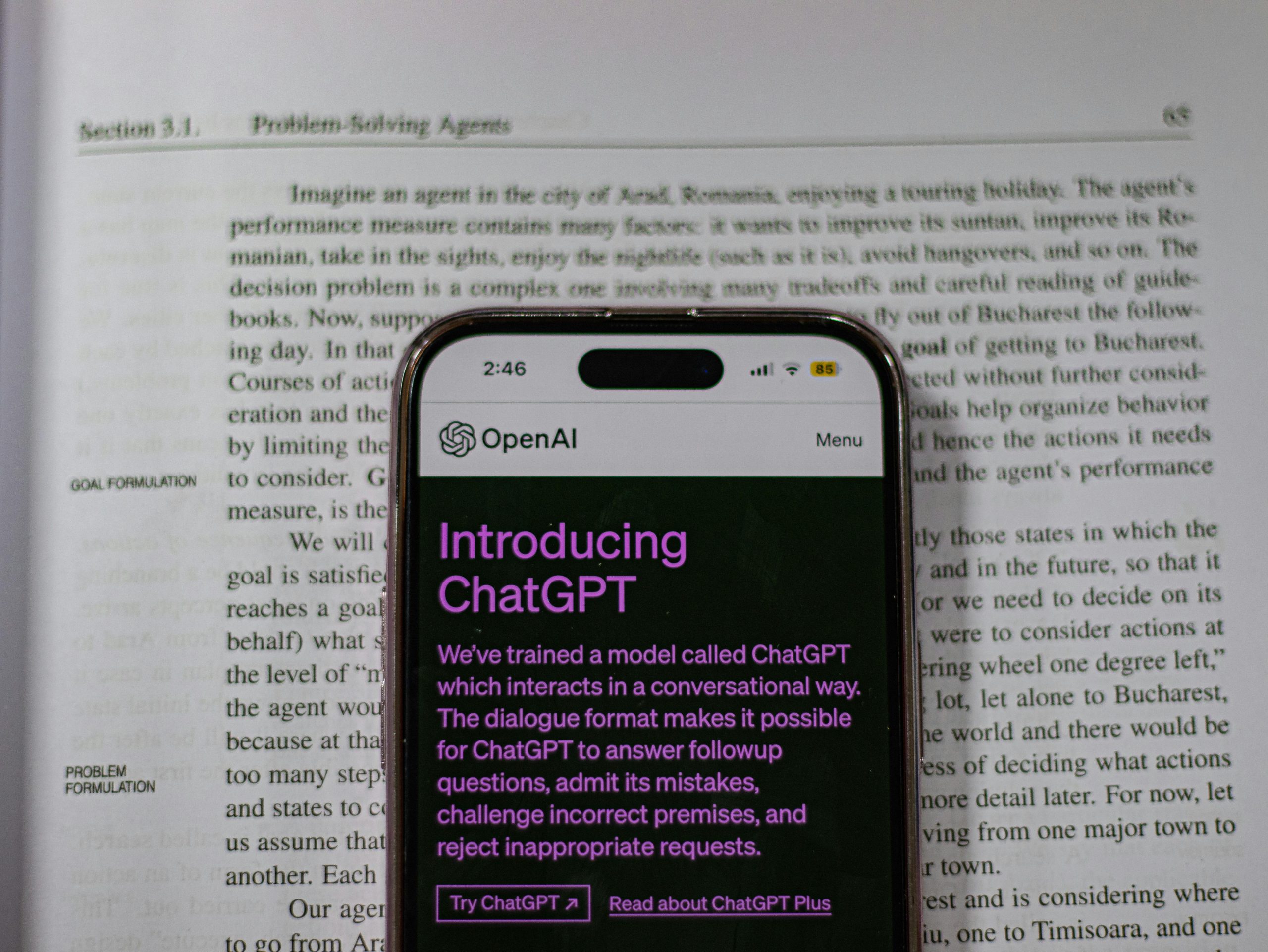UPDATE: In the AI copyright legal war, content creators and AI companies are now tied at 1 to 1 after a second court ruling comes down favoring AI companies
Legal Battles in AI Copyrights: A New Chapter in Fair Use Jurisprudence
The evolving landscape of artificial intelligence and copyright law continues to captivate industry experts and content creators alike. Recent court decisions have shifted the narrative, with pivotal rulings clarifying how AI training and output are treated under current legal standards.
Recent Court Victory for AI Developers
A landmark decision in the Bartz, et al. v. Anthropic PBG case (Case No. 3:24-cv-05417, U.S. District Court, Northern District of California) has marked a significant win for AI companies. On June 23, 2025, Judge William H. Alsup delivered a verdict favoring Anthropic and its AI model, Claude. The court recognized that Anthropic’s process of training Claude using plaintiffs’ textual works qualifies as “fair use.”
The judgment hinges on the transformative nature of AI training. The court emphasized that the use of books for developing language models is profoundly different from the original reading context—described as “spectacularly” transformative, bearing little resemblance to traditional book usage. Furthermore, it was noted that the AI’s outputs do not replicate the content of the input materials, and thus, do not infringe upon the authors’ rights.
The ruling also addressed the fate of physical books used during training, affirming that converting purchased print materials into digital formats for training purposes constitutes fair use, provided there is no distribution of the digital copies. Conversely, the court condemned the unauthorized downloading of books from piracy sources, stating this activity is not protected under fair use.
For detailed insights, the official court document can be reviewed here: Court Ruling PDF.
Contrasting Perspective: Support for Content Creators
Earlier this year, a different case set a contrasting precedent. In Thomson Reuters v. ROSS Intelligence (Case No. 1:20-cv-00613, U.S. District Court, District of Delaware), the court sided with content creators, ruling that AI companies could be held liable for copyright infringement when their models scrape and learn from copyrighted texts. This case involved non-generative AI technology, which primarily analyzed existing content without producing new textual outputs, emphasizing that the nature of AI output influences fair














Post Comment